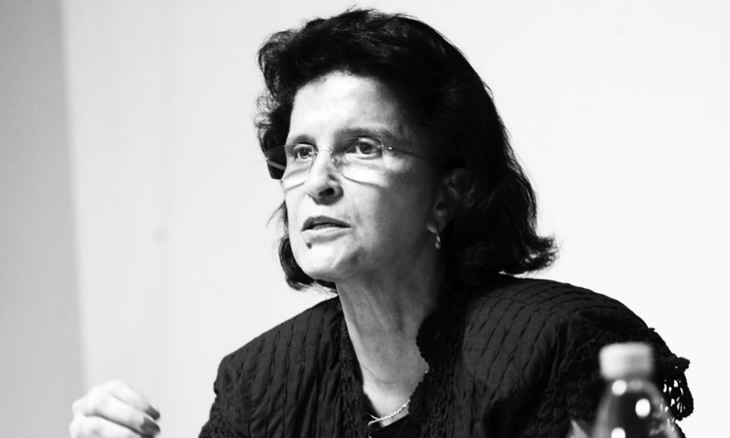World Vision Mozambique hands over new community infrastructure in Maganja da Costa, with a focus ...
Iraê Lundin: A life fighting for the freedom of the human person – Watch

O País
Her battles begin at an early age. Iraê Lundin was an activist in a dictatorial country when she was just 16 years old. In the 1960s, Brazil, where Irae Lundin was born, lived under a dictatorial regime of successive military governments.
And this is where Lundin’s fight began. She was an activist for the restoration of democracy and the fundamental freedoms of man and democracy.
Lundin was arrested for her activism while still a child. She was able to get out of jail, but only in the company of an adult. Only 16 at the time, Iraê was forced to lie about her age. In fact, she was born in 1951, but her documents indicate that she was born in 1949. She managed to get out of jail and went into exile in Russia (at the time the USSR). From there she went to Sweden, where she had two children.
“This is an irreparable loss, looking at the great person she was. A person who was deeply committed to civic causes. She left Brazil at the age of 16. At the time of the dictatorship, particularly in 1964, when the dictatorial system was instituted, Iraê Lundin was among the group of people who campaigned, went out into the streets, demonstrated for the reinstatement of democracy in Brazil after the overthrow of democratic rule by the military dictatorship. She left Brazil for Russia, where she stayed for six months. From Russia, she went to Sweden, where she studied Anthropology,” says William Mundlovo, who met Lundin 20 years ago and was also her student, friend and colleague.
Lundin came to Mozambique on a teaching mission in 1984. Here, she dedicated herself to education, but also advocated democracy and decentralisation. The teacher found in this country a struggle for the same ideals that she defended , and took Mozambican nationality.
This is the woman leaving us, leaving a void in the people close to her, a void in the academy, but above all, leaving a legacy: that of the struggle for social welfare and the fundamental freedoms of the human being.
Iraê Lundin lost her life to ill-health on Monday night in Maputo after an illness. The funeral ceremonies are scheduled for tomorrow Friday in the Lhanguene Cemetery at 2:00 p.m., preceded a wake and remembrance ceremony taking place at the Higher Institute of International Relations (ISRI) in Zimpeto, Maputo.
Ambassador of Brazil pays tribute
The Brazilian ambassador to Mozambique, Rodrigo Baena Soares, called Iraê a reference point for everyone working in the social sciences, and said he believed her death was a loss for both Brazil and Mozambique.
Her main concern was the human being. “And she, in all her academic activities, exhibited the objective of making her contribution to a better Mozambique and a better Brazil , and to a world where priority was given to the person,” Soares said.
Lundin had a differential that characterised her, which was her human vision of the transmission of knowledge. The Brazilian ambassador said that Lundin, although born in Brazil, felt more Mozambican than Brazilian, and acknowledged her contribution to democracy in Brazil, recalling her activities during the dictatorship in the land of the samba.
By José João












Leave a Reply
Be the First to Comment!
You must be logged in to post a comment.
You must be logged in to post a comment.